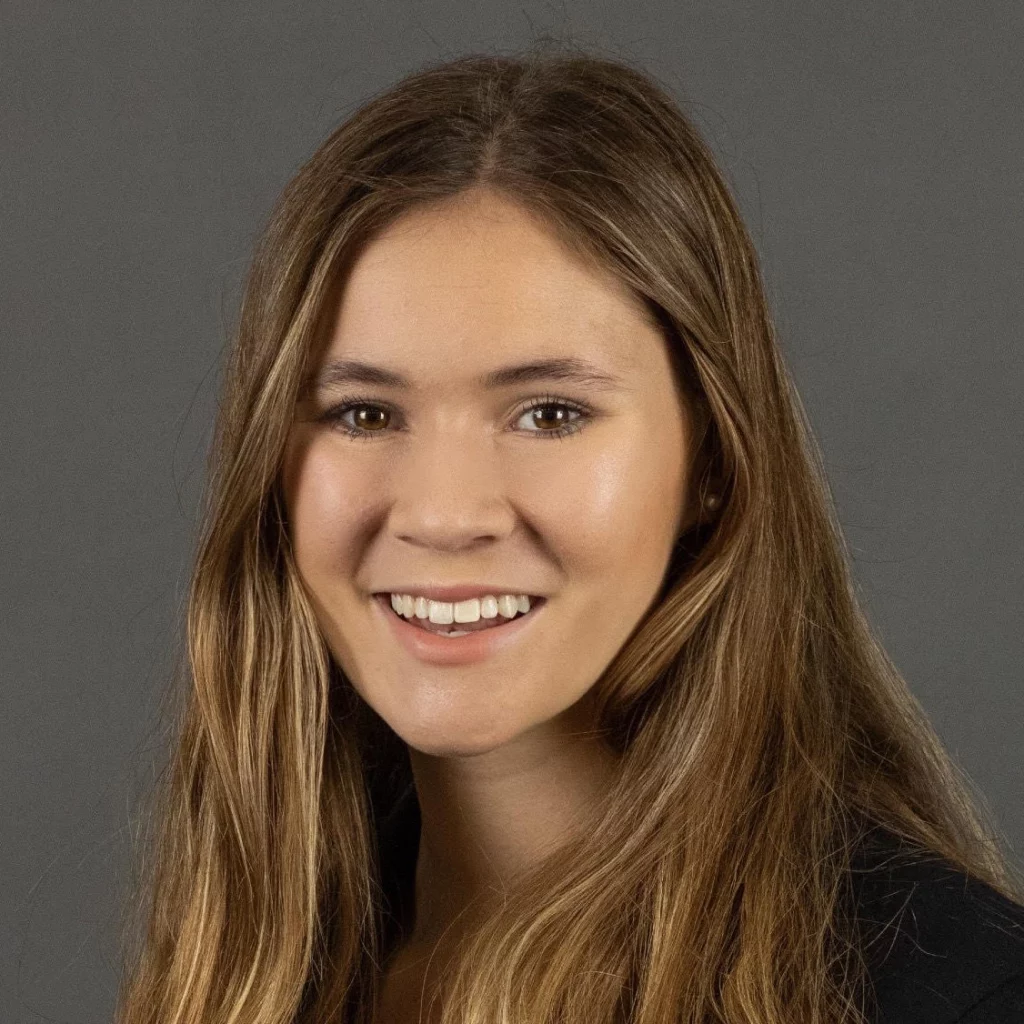Hidden strength

Forget youth group retreats, summer camps and barbeques. There was something about walking into a large ballroom or social hall of a congregation I had no affiliation with surrounded by thousands of other Jews that terrified me. As an introvert, the social and communal side of Judaism scared me.
Growing up in a Reform community in Flagstaff, Arizona, Judaism was my private conversation with G-d, my personal space.
And I wanted to keep others out of it.
When I arrived at Arizona State University in 2018, I stuck to my script. I tried to sit in the back corner and do my own prayer thing, but people kept coming up to me and inviting me to things!
While that might be inviting for some, it wasn’t to me. Not at first. It was just intimidating and overwhelming. When I walked in on the first day I thought: “Are there enough chances for me to not talk and just listen if I want?” “What if I feel left out at the table I pick?” My guess is that some of you might react similarly.
It was not until I got to know the student president of my ASU Hillel, Haddi, an introvert herself. She helped me see the beauty of low-key Judaism. She opened her house for a delicious Shabbat meal and one of my favorite Jewish experiences.
Over challah and Manischewitz, my perspective began to shift. Haddi met me where I was as a person, not just as a Jewish individual. She realized that empathy was something I treasured more than any invitation.
After that experience, I took a leap of faith and became a Hillel ambassador this year. Now I create the relationships I have come to love and no longer fear. Innovation has become my university and Hillel’s brand. I get to be a part of that search for innovative solutions. Meeting students where they are (mentally or geographically) is what I get to do.
Being an introvert has been incredibly helpful: I understand instinctively how social anxiety and room setup and group activities make me feel relative to other people. I get to push this idea everyday: instead of just looking at the programming offered, look at how it is offered. As an ambassador, I find Hillel the space I need to deeply engage with and wrestle with what motivates and inhibits students from feeling like themselves when they walk into our building.
For example, our Hillel recently moved our Reform service to a Pilates studio as we undergo renovations. In that studio, there were mirrors up that we were reflecting us as we were praying.
To some it may not seem like a big deal, but as an introvert, it makes me feel on edge to watch myself pray. So, I asked for the mirrors to be covered up. The Hillel staff responded quickly responded. Hillel does an excellent job constructing spaces keeping in mind how students might react to experiences unfamiliar to them.
Having the empathy to respond (or not, as the case may be) can reshape what people get out of events. Introverts get it. And Hillel gets it. My Hillel realizes a program will not appeal to everyone. However, introverts like me in leadership positions who take time to understand students, make almost every student, including students without Jewish experiences, feel welcome.
Hillel doesn’t ignore the person who doesn’t speak up. In fact, Hillel puts introverts like me directly in charge of planning traditionally extroverted projects like engagement and social events. You will be amazed at how much room there is for you to put your stamp on Hillel and whatever university you choose.
Becca Sturm is a member of the Class of 2022 at Arizona State University, an ambassador with ASU Hillel and a member of the Hillel International Student Cabinet.